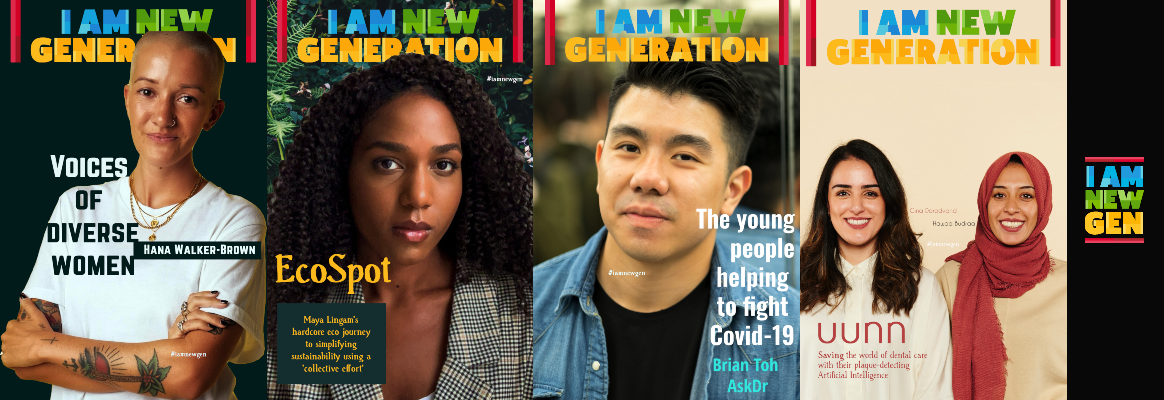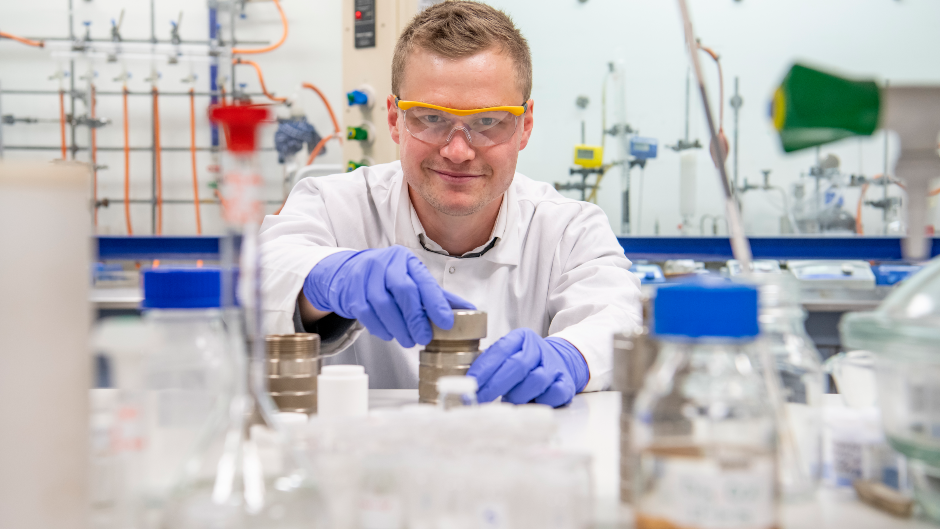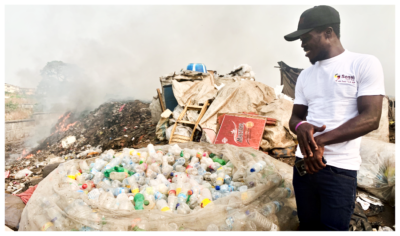Despite devastating evidence of an impending climate catastrophe, and the global recognition that we need to address it, the world remains without a viable, scalable solution to mitigate the 51 billion of tonnes of carbon dioxide we produce annually.
ViridiCO2 is an innovative spin-out from the University of Southampton that enables carbon dioxide-emitting industries – such as the chemical, steel and cement manufacturer – to transform their waste CO2 into high-value chemicals which end up in the products we use every day. Founded during his PhD studies, [Dr.] Daniel Stewart, 27, discusses how ViridiCO2 aims to play a pivotal role in achieving global, net-zero emission targets.
“I have been exposed to the ugly truths of climate change my entire life.
Through school, we were educated on the impacts of increasing carbon dioxide (CO2) concentration in the atmosphere, and the inevitable climate disaster we would induce should we not act to reduce our CO2 emissions.
I remember vividly watching Al Gore’s An Inconvenient Truth. I was astonished by the insurmountable evidence and shocked by the lack of global action – a feeling that continues to motivate me to this day.
Little did I know that I would in future be working to mitigate these very emissions through founding ViridiCO2 Ltd.
I have always loved science, but the moment of true inspiration arose during my Sustainable Chemistry lectures presented by my now co-founder, Professor Robert Raja.
Robert inspired me with his work on designing technologies for making industrial chemical transformations more sustainable. This was a defining moment in my scientific career; this is when I worked out what I wanted to do in life.
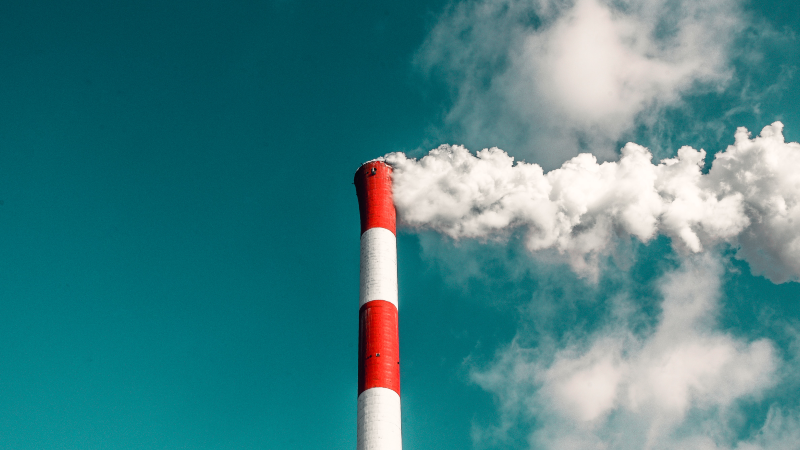
We were to target heterogeneous catalysts (catalysts that are solid amongst liquid and/or gaseous reactants) that could transform CO2 into high-value chemicals.
“If we can make polymers from CO2, we’re onto something big,” Robert said.
You can imagine my excitement when six months later, we made our first CO2-based polymer.
For the next three years we focussed on developing the technology and understanding the fundamentals.
It dawned on Robert and I that we had a real opportunity to transform the chemical and founding industries – responsible for ca. 16% of global greenhouse emissions.
This was further underscored when we were named finalists, and then the winners, of the prestigious Royal Society of Chemistry Emerging Technology Competition 2020 within the Energy and Environment sector.
The tricky issue with CO2 is that it is inherently stable – it requires a lot of energy to turn it into something useful.
At the heart of ViridiCO2 technology, we have a solid-state catalyst that is capable of transforming CO2 under far lower temperature and pressures than any other technology.
This not only provides a process by which waste CO2 can be used to produce high-value chemicals, but also has much lower energy requirements – saving more CO2.
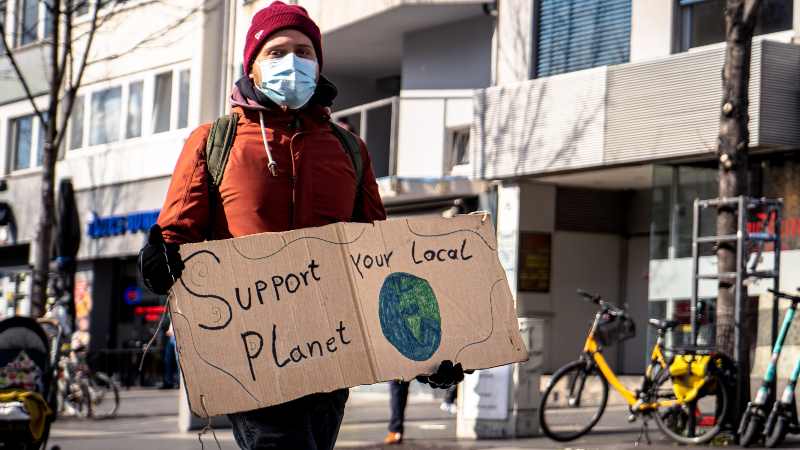
This catalyst can be used to produce several chemicals which find use in everyday items, such as clothing, furniture, and even personal care products.
Through support from the on-campus start-up Accelerator at the University of Southampton, Future Worlds, and a rigorous market validation phase funded by Innovate UK’s ICURe (Innovation to Commercialisation of University Research) programme, we’ve developed our commercial strategy.
It became very clear through working alongside several other innovative young creators that the answers to some of the world’s biggest issues lie with the current and future generations of innovators. It’s very exciting to be playing a role in it.
Being part of Future Worlds, I was following in the footsteps of successful University of Southampton alumni spinouts, EmitWise and AbSolar, who formed their startups out of University with the goal of tackling climate change.
Seeing their successes both inspires and drives me to make ViridiCO2 successful.
We are confident about the future and are about to start a highly competitive grant we won from the UK Government which focusses on scaling ViridiCO2 technology and working with early adopter customers who want to produce their products from CO2.”
Images Copyright – ViridiCO2 / Unsplash
More Stories
The next generation inventors ‘creating’ to fix our health and the planet
Sierra Leone going plastic-free with entrepreneurship
How EcoSpot aims to simplify sustainability using a collective effort
